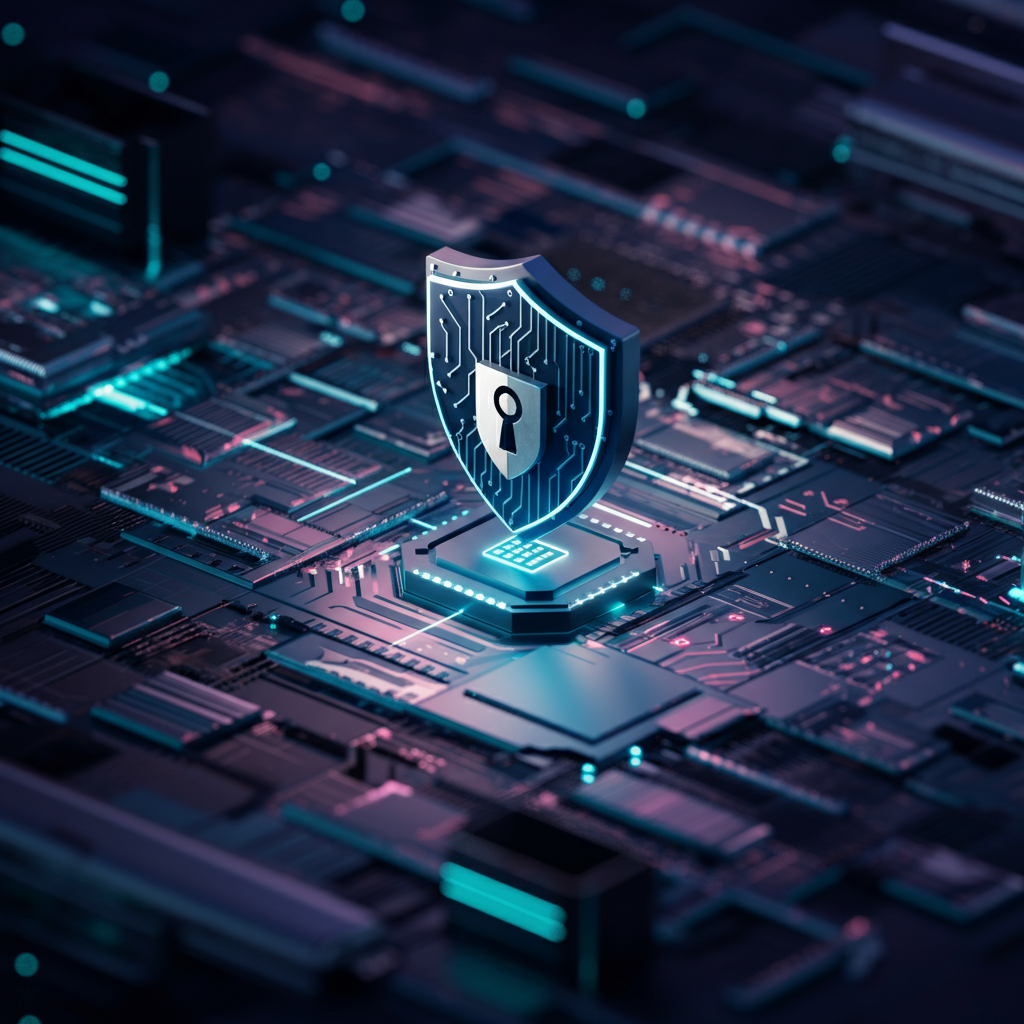Generative AI (GenAI) is the latest major technological advancement sweeping the world, enabling capabilities that we formerly perceived as only existing as a vision in movies and books. Although GenAI only became accessible to the masses in 2023 in the form of ChatGPT, its ability to change the way we do business at every level on a grand scale is already evident.
But, as with any technology that has come before it, the focus on ensuring the security of its output, in this case the content generated by AI models, has to be a top concern. Already we see the technological advancements powered by AI outpacing the ability to implement security measures that understand the multi-layered nuance of AI. It’s understandably a huge cause for concern for CISOs, especially as they are pressured by corporate departments to implement AI-powered solutions that will help them be more efficient and cost-effective.
Let’s discuss the necessity of GenAI content security and the best practices that companies must consider when evaluating a potential solution, particularly as it applies to customer communications.
Understanding the Need for GenAI Content Security
Any disruptive technology will introduce challenges to an organization, so let’s take a look at the concerns that have the most widespread impact.
- Data Privacy: GenAI models are trained on extensive data sets, some of which may contain sensitive or private information of customers, employees, and anyone else in the organization’s ecosystem. It’s crucial that the generated content not inadvertently disclose this sensitive information. The model must be trained to recognize and parse out what is sensitive and what is not to better protect the business.
- Content Authenticity: With GenAI’s ability to generate realistic content, there’s a risk of generating misleading, false, and even completely fabricated information, often referred to as “hallucinogenic content.” Ensuring the authenticity of the content is vital to maintain trust and credibility.
- Regulatory Compliance: Various industries are subject to regulations and compliance requirements regarding data handling and privacy. Violations of these mandates are often costly, have legal ramifications, and are detrimental to the integrity of the business.
Best Practices for Evaluating GenAI Content Security Solutions
When it comes to evaluating a GenAI content security solution, companies must consider the following best practices:
- Comprehensive Security Measures: Provide robust security measures, including data encryption, access controls, DLP-like capabilities, and audit logs. These measures help to ensure that the data used and generated by the GenAI models is secure and protected from unauthorized access.
- Privacy Preservation: Ensure that the generated content does not reveal any sensitive or private information. This is particularly important for companies dealing with customer data or other sensitive information. It is also important to consider that sensitive information may not fit into the traditionally defined structure, like social security numbers or birthdates. New tools must be able to identify these non-conforming pieces of information.
- Content Verification: Include mechanisms to verify the authenticity of the generated content and prevent the generation of misleading or false information. This is essential for maintaining the credibility of the company and the trust of its customers.
- Model Focus: Choose a provider that aligns with the way you need to manage the security of your content. Some providers will focus on protecting content generation platforms themselves, while others focus on analyzing and protecting content after it’s generated but before it is delivered to its final recipient.
- Regulatory Compliance: Designed to comply with industry-specific regulations regarding data handling and privacy. This ensures that the company does not face any legal repercussions due to non-compliance.
- Purpose-built: Look for solutions that are purpose-built to solve the security issues specific to GenAI. Many traditional or existing data security solutions will claim to incorporate GenAI content security considerations, but continues to use traditional methods that can’t understand the constantly evolving changes that are a characteristic of AI. If the platform isn't able to actively and continuously learn AI’s nuances, it cannot protect the company from the security risks introduced during those evolutions.
- Scalability: As the company’s GenAI needs grow, the solution should be able to scale accordingly without compromising security. This ensures that the company can continue to leverage the benefits of GenAI as it expands.
- Vendor Reputation: Consider the reputation of the solution provider. Look for providers with a proven track record in GenAI content security. Given that most providers in this space will be new and offered by startups, having a leadership team with experience in the space is a necessity. This gives the company confidence in the solution’s effectiveness and reliability.
- Customer Support: Robust customer support is essential. The provider should offer timely assistance and resources to address any issues or concerns. This ensures that the company can quickly resolve any issues that may arise, minimizing disruptions to its operations.
As GenAI continues to evolve, organizations need robust security solutions that understand GenAI and can evolve and learn with it. By considering the best practices outlined here, organizations can ensure that the solution they choose effectively addresses these security concerns while enabling them to leverage the full potential of GenAI. This not only protects the company and its customers but also contributes to the responsible and ethical use of GenAI.
Follow us on LinkedIn here.






